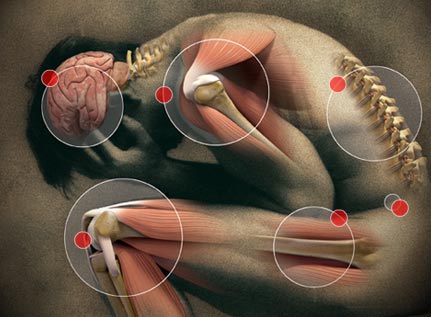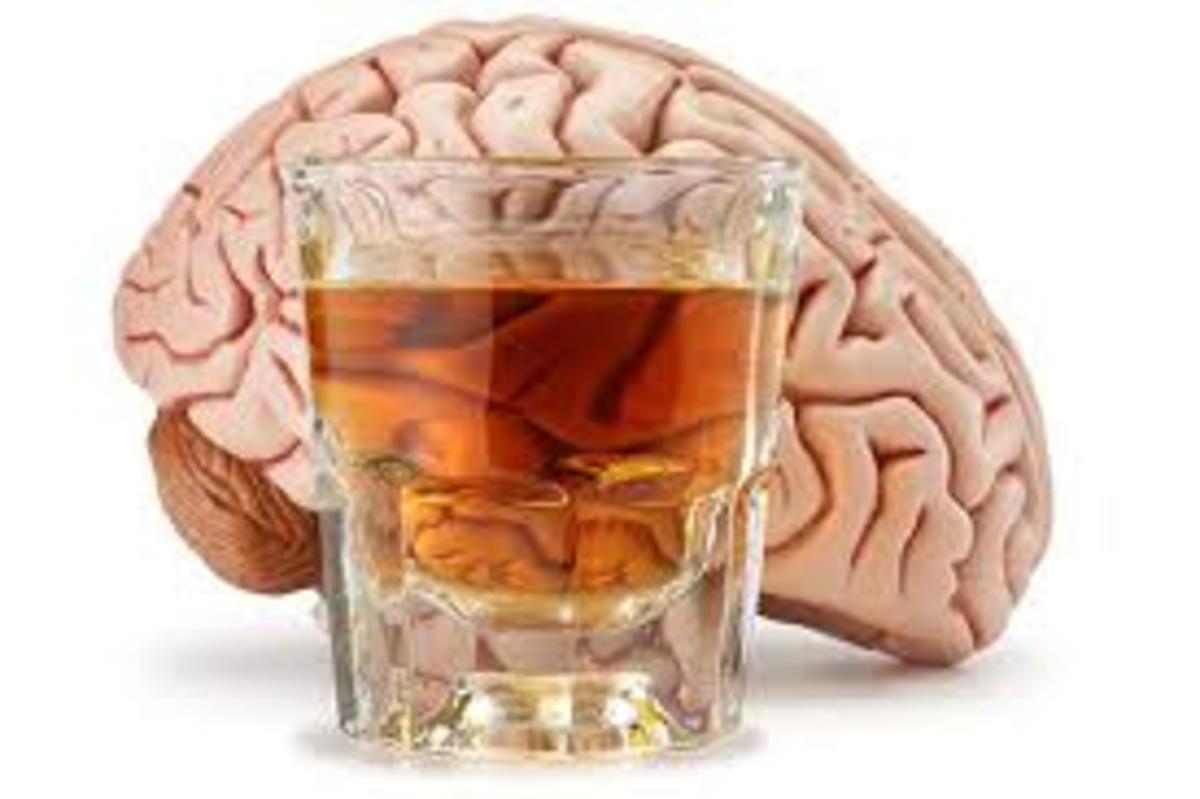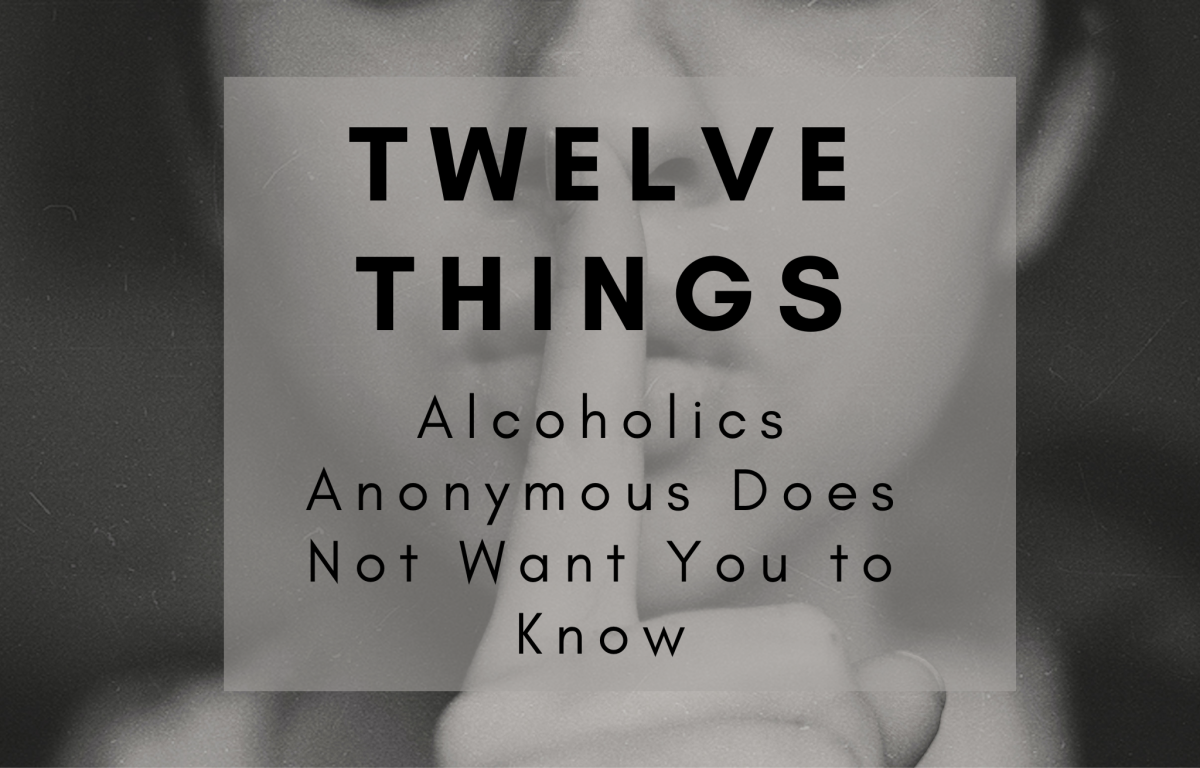- HubPages»
- Health»
- Mental Health»
- Addiction»
- Alcoholism
Alcoholism And Psychosomatic Disorders: Psychiatric Significance, Etiology, Clinical Presentations And Treatment
Course Of Alcoholism

Alcoholism
Alcoholism is the condition resulting from the intake of alcohol in quantities great enough to damage the physical health or the personal or social functioning of an individual or when it has become a pre-requisite for normal functioning. Alcoholism is regarded as a disease.
Etiology: Both psychological and environmental factors contribute to the development of alcoholism. Social and family maladjustment and a vulnerable personality predispose to the condition. Neurotics and depressives find solace in alcohol to get over their problems. Psychopathic personalities find pleasure in alcohol especially during period of crisis.
Clinical features:
Alcohol is a cerebral disinhibitant. Intoxication causes euphoria or elation, slurred speech, incoordination and gait disturbances. During periods of excitement, irrelevant talk, aggressive and violent activity, illusions and persecutory delusions may be seen.
In cases of chronic alcoholism, many other neuropsychiatric complications may be noted. Auditory hallucinations may be continuously felt (alcohol- hallucinosis). A delirious state with coarse tremors (delirium tremens) may be produced on withdrawal of alcohol. A paranoid state (alcoholic paranoia- jealous husband syndrome) may develop. A psychotic state with loss of recent memory (Korsakoff’s psychosis) may develop. In longstanding alcoholism, dementia (alcoholic dementia) may supervene. Suicidal tendencies may occur. Physical effects of alcohol lead to organ damage, resulting in cirrhosis of liver, chronic gastritis, myopathy, avitaminosis, cardiomyopathy and cerebellar and cerebral degeneration.
Course: Alcoholism runs steadily progressive downhill course. Death may result from physical complication or suicide. Personality deterioration is common.
Treatment: The treatment of alcoholism includes: the treatment of the dependence, the psychiatric complications, and the physical complications. Finally, psychotherapeutic measures are tried to improve the personality and environment. Aversion therapy is found to be useful in some cases.
Drug Therapy: Tetraethylthiuram (antabuse, disulfuram) is successfully used to treat the dependence. Initially, 0.5 to 1 g is given orally followed by a maintenance dose of 0.25 g daily for a long period. The neuropsychiatric complications can be well controlled with neuroleptic drugs such as phenothiazine derivatives or haloperidol in appropriate doses. The physical complications are managed medically.
Alcoholism is a social problem. The help of social organizations is important in the control of dependence. Alcoholics anonymous (AA) is a voluntary organization formed by alcoholics to help others recover from alcoholism.
Clinical Presentations Of Psychosomatic Disorders

Psychosomatic Disorders
These are a group of diseases which are either produced or aggravated by emotional stress. The stress produces anxiety which is manifested as physical responses. If the emotional stress continues for long periods, it leads to functional disturbances and ultimately structural damage. The well- recognized psychosomatic disorders may involve all organ systems in the body.
- Respiratory disorders: Bronchial asthma, hay fever, vasomotor rhinitis
- Gastrointestinal disorders: peptic ulcer, irritable bowel syndrome, ulcerative colitis and anorexia nervosa
- Cardiovascular disorders: hypertension, paroxysmal tachycardia, coronary artery disease
- Nervous system: migraine
- Endocrine and metabolic disorders: hyperthyroidism, diabetes mellitus, menstrual disturbances, obesity.
- Skin disorders: eczema, psoriasis, neurodermatitis
- Bones and joints: rheumatoid arthritis
The psychic and physical factors have to be given attention. In addition to the treatment of the physical disorder, the underlying psychic factor has to be identified and manage.
© 2014 Funom Theophilus Makama









